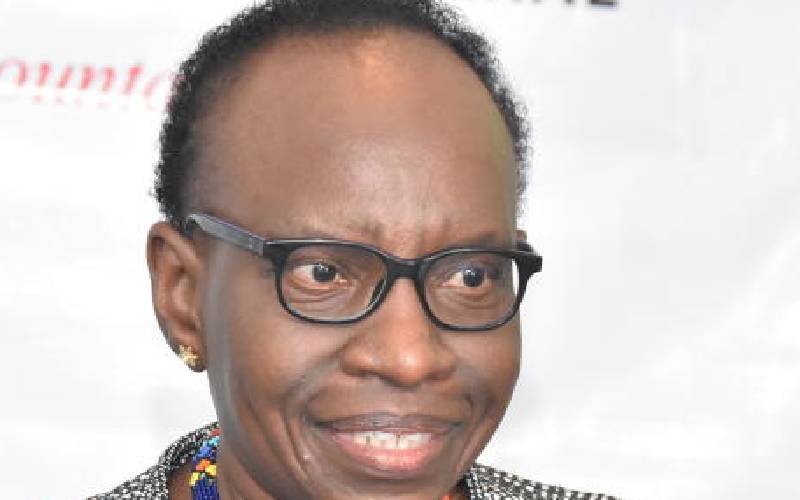×
The Standard e-Paper
Smart Minds Choose Us

An audit on the expenditure of National Government-Constituency Development Funds (NG-CDF) has revealed irregularities in the issuance of bursaries.
Auditor General Nancy Gathungu, in recent audits, noted that the accuracy and validity of the expenditure could not be confirmed.